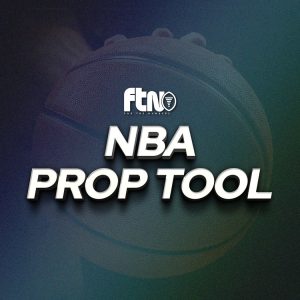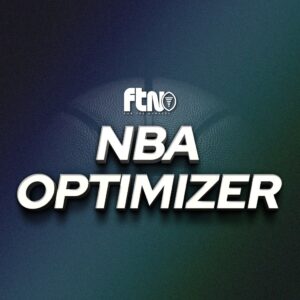
Data in baseball runs deeper and is more comprehensive than in any other sport. In fact, there are so many stats that, in virtually every matchup, you can find a stat to favor each side. Rather, we want to find stats that are fully supported by the collection of stats, painting one clear picture.
These are the seven stats I find most relevant to Tuesday’s DFS slate.
1. 10.1%
Taijuan Walker toes the line between good and bad pitcher as much as anyone else in the league. On the one hand, he has a .316 wOBA allowed. On the other, his SIERA is over 4.5 and his ISO allowed is over .175. Of all of his numbers, however, the one that stands out the most to me is his 10.1% barrel rate allowed in the last 30 days. Simply put, that won’t work against the mighty Dodgers.
Walker’s best pitch is a splitter, but the Dodgers can handle splitters with the best of them, particularly Justin Turner, Will Smith and Max Muncy.
2. 30.3%
The highest K rate on the slate belongs to Blake Snell, at 30.3%. Whenever a lefty is facing San Francisco, we have to be wary of his splits to each hand, as the Giants will load up on right-handed bats. Fortunately, Snell’s splits aren’t too severe — his K rate to righties is 29.7%, for example.
3. 34.2%
Aaron Nola’s 34.2% CSW over the last 30 days is indicative of just how well he’s pitched. That number is easily the best on Tuesday’s slate, as he’s been a true ace in the league. Arizona is far from a pushover, especially with some of their recent call-ups, but it might not matter if Nola continues to command all of his pitches the way he has in recent starts.
4. -2 percentage points
Kevin Gausman’s CSW is down two percentage points in the last 30 days, to a remedial 27.3%. What makes this extra concerning is the fact that his Statcast data is also trending in the wrong direction. His exit velocity is up, his hard-hit rate is up, and his barrel rate is up considerably.
Early signs point to Gausman being one of the most popular pitching options on the slate, which would make him a clear fade for me.
5. 20.1%
Speaking of bad CSW trends, José Ureña’s CSW has dipped to a near impossibly low 20.1%, three percentage points below his baseline. The beauty about attacking Urena is we know who to choose — guys who hit sinkers well. He throws his sinker around 55% of the time and it’s not a good pitch by any means.
Michel Harris is the best Brave against sinkers, gaining over three runs per 100 pitches (an incredible number), while Matt Olson is the only lefty who gains runs against both the sinker and changeup (Urena’s worst pitch that he throws almost 20% of the time).
6. -3.2 percentage points
Lucas Giolito is one of the most interesting case studies I can remember in terms of recent data trends. His CSW is down 3.2 percentage points, yet he hasn’t allowed a barreled ball since July 27 in Coors Field. His average exit velocity and hard-hit rate are both down, as well.
When diving deeper into the matter, we see that Giolito is losing a significant amount of runs with all of his off-speed pitches, and his fastball has lost runs in three of his last four starts. I think the batted ball data is a fluke and his lack of command will begin to show up in his Statcast data sooner than later. It wouldn’t shock me to see a Kansas City explosion.
7. 3.36 & 3.2
On a slate without any slam-dunk pitchers, I’m drawn to the 3.36 and 3.2 SIERAs of Max Fried and George Kirby, respectively. Fried’s elite 14.9 pitch-per-inning ratio gives him the highest median projection of the day in the Strikeout Model, while Kirby’s matchup with Detroit gives him a solid floor while also adding to his K upside.
Particularly if Blake Snell becomes chalk, I would be comfortable pivoting to a pitcher-pairing that is all about a solid floor in Fried and Kirby.











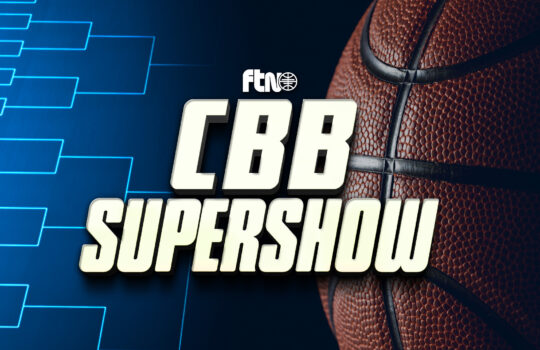

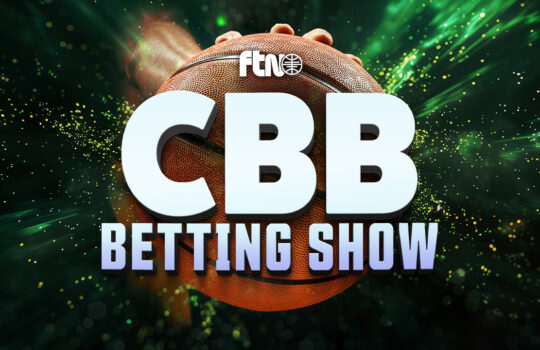




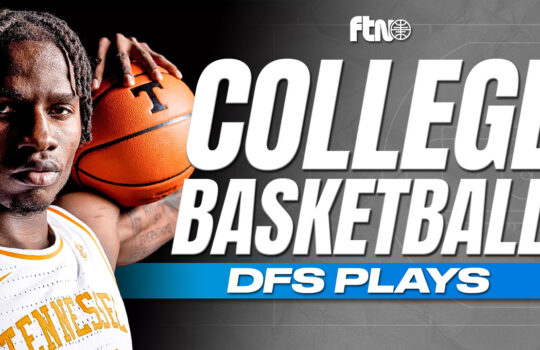













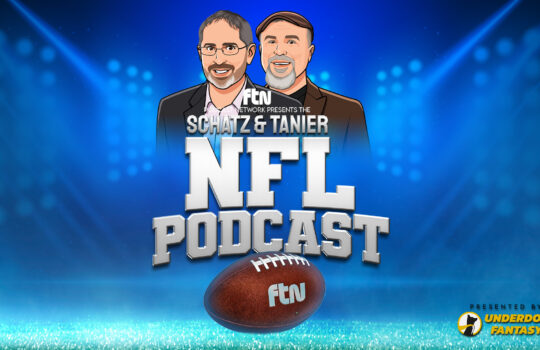











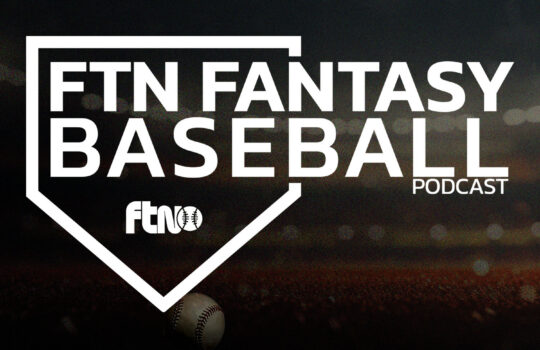

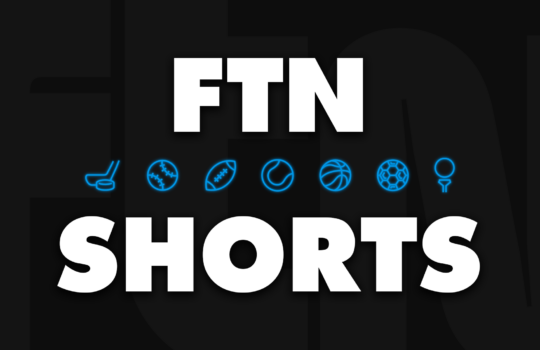
 New York Jets
New York Jets  New England Patriots
New England Patriots 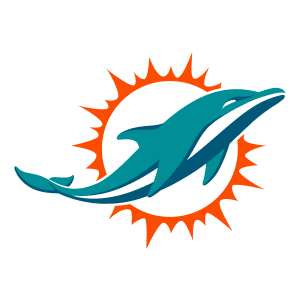 Miami Dolphins
Miami Dolphins  Buffalo Bills
Buffalo Bills  Pittsburgh Steelers
Pittsburgh Steelers  Cleveland Browns
Cleveland Browns  Cincinnati Bengals
Cincinnati Bengals  Baltimore Ravens
Baltimore Ravens 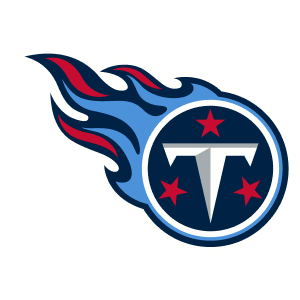 Tennessee Titans
Tennessee Titans  Jacksonville Jaguars
Jacksonville Jaguars  Indianapolis Colts
Indianapolis Colts  Houston Texans
Houston Texans  Las Vegas Raiders
Las Vegas Raiders  Los Angeles Chargers
Los Angeles Chargers  Kansas City Chiefs
Kansas City Chiefs  Denver Broncos
Denver Broncos  Washington Commanders
Washington Commanders  Philadelphia Eagles
Philadelphia Eagles  New York Giants
New York Giants  Dallas Cowboys
Dallas Cowboys  Minnesota Vikings
Minnesota Vikings  Green Bay Packers
Green Bay Packers  Detroit Lions
Detroit Lions  Chicago Bears
Chicago Bears  Tampa Bay Buccaneers
Tampa Bay Buccaneers  New Orleans Saints
New Orleans Saints  Carolina Panthers
Carolina Panthers  Atlanta Falcons
Atlanta Falcons  San Francisco 49ers
San Francisco 49ers  Seattle Seahawks
Seattle Seahawks  Los Angeles Rams
Los Angeles Rams  Arizona Cardinals
Arizona Cardinals 
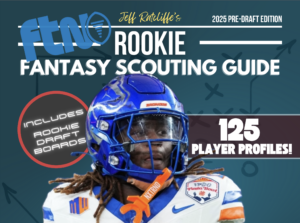


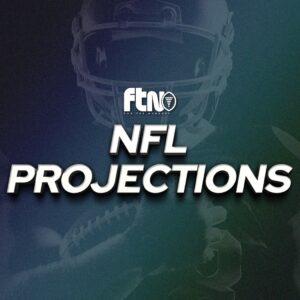


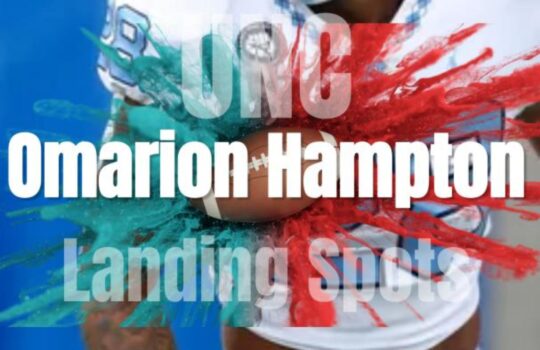

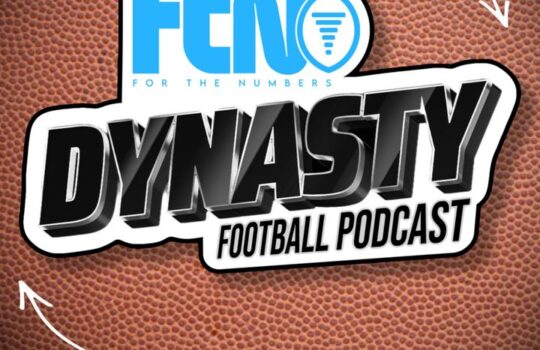
 Boston Celtics
Boston Celtics  Brooklyn Nets
Brooklyn Nets  Philadelphia 76ers
Philadelphia 76ers  New York Knicks
New York Knicks  Toronto Raptors
Toronto Raptors  Chicago Bulls
Chicago Bulls  Detroit Pistons
Detroit Pistons  Milwaukee Bucks
Milwaukee Bucks  Cleveland Cavaliers
Cleveland Cavaliers  Indiana Pacers
Indiana Pacers  Orlando Magic
Orlando Magic 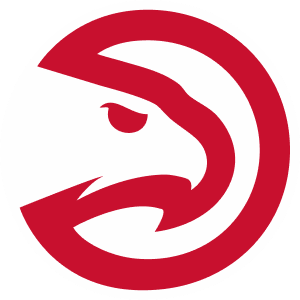 Atlanta Hawks
Atlanta Hawks  Charlotte Hornets
Charlotte Hornets  Miami Heat
Miami Heat  Washington Wizards
Washington Wizards  Denver Nuggets
Denver Nuggets  Minnesota Timberwolves
Minnesota Timberwolves  Oklahoma City Thunder
Oklahoma City Thunder  Portland Trail Blazers
Portland Trail Blazers  Utah Jazz
Utah Jazz  LA Clippers
LA Clippers  Golden State Warriors
Golden State Warriors  Los Angeles Lakers
Los Angeles Lakers  Phoenix Suns
Phoenix Suns  Sacramento Kings
Sacramento Kings  Dallas Mavericks
Dallas Mavericks  Houston Rockets
Houston Rockets  Memphis Grizzlies
Memphis Grizzlies  New Orleans Pelicans
New Orleans Pelicans  San Antonio Spurs
San Antonio Spurs 



